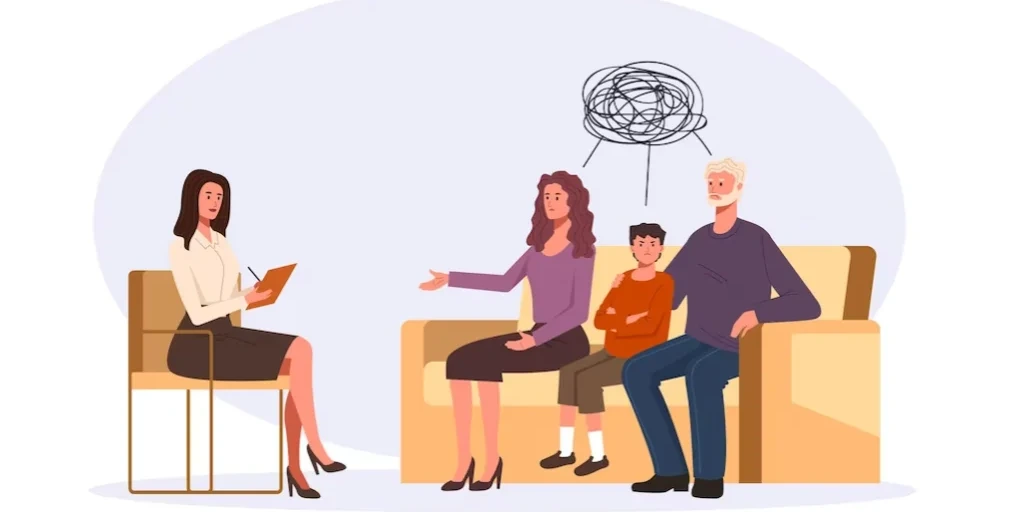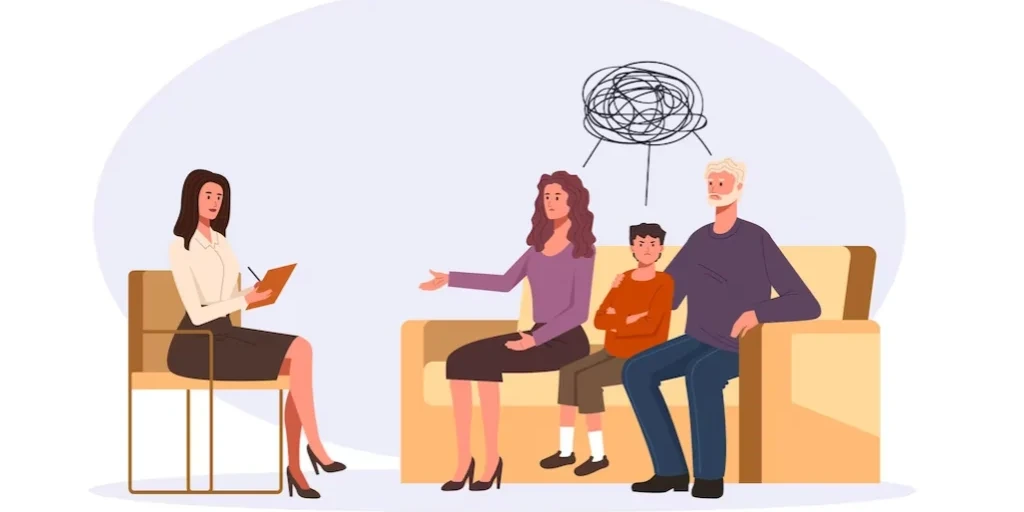24/7 Helpline:
(866) 899-111424/7 Helpline:
(866) 899-1114
Learn more about Eating Disorder Treatment centers in Speedway
Eating Disorder Treatment in Other Cities

Other Insurance Options

Kaiser Permanente

UMR

MHNNet Behavioral Health

Regence

Highmark

Optima

Self-pay options

Lucent

EmblemHealth

American Behavioral

United Health Care

Ceridian

Meritain

Oxford

Access to Recovery (ATR) Voucher

Premera

Molina Healthcare

BlueCross

WellCare Health Plans

GEHA














